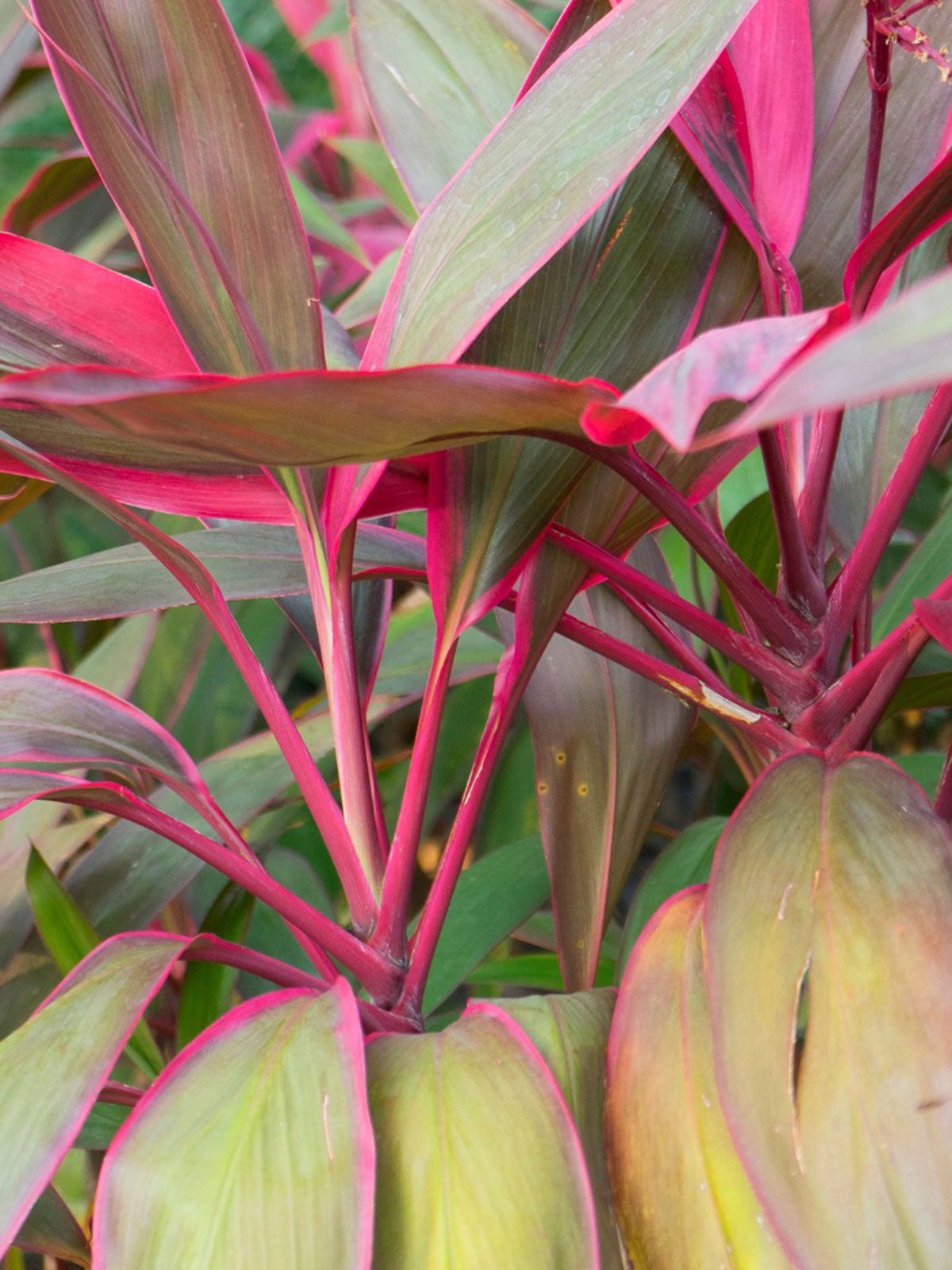Yellowing Ti Plant Leaves: What Causes Yellow Leaves On Ti Plants


Sign up for the Gardening Know How newsletter today and receive a free copy of our e-book "How to Grow Delicious Tomatoes".
You are now subscribed
Your newsletter sign-up was successful
Hawaiian Ti plant (Cordyline terminalis), also known as the good luck plant, is valued for its colorful, variegated foliage. Depending on the variety, Ti plants may be splashed with vibrant shades of purplish red, cream, hot pink, or white. Yellowing Ti plant leaves, however, may indicate a problem.
Read on to learn possible reasons and fixes for Ti plant leaves turning yellow.
Troubleshooting Yellow Leaves on Ti Plant
Too much direct sunlight is often to blame for a yellow Hawaiian Ti plant. Although sunlight brings out the colors in the leaves, too much can cause yellowing. Sometimes, this can occur when the plant’s location is changed suddenly, such as a move from indoors to outdoors. Give the plant time to acclimate to brighter light or move it to a more suitable spot. Not enough sunlight, on the other hand, can also cause fading, loss of color, and yellow leaves.
Improper watering can cause yellow Hawaiian Ti plants. Too much water can cause leaf tips and edges to turn yellow, while too little water can cause yellowing and leaf drop. Ti plants should be watered when the surface of the potting mix feels dry to the touch. Cut back on watering during the winter months when the plant goes dormant. Be sure the container has a drainage hole in the bottom.
Fungal diseases such as fusarium leaf spot can cause yellowing plant leaves. Watering at the base of the plant will help prevent diseases, but a badly infected plant should be discarded. Other possible reasons for yellow leaves on Ti plants include:
- Poor water quality. Sometimes, letting tap water sit out for a few hours allows harsh chemicals to dissipate. If that doesn’t work, you may want to try bottled or rainwater.
- Changes in temperature. Be sure to keep the plant away from heating vents and air conditioners.
- Potbound plants. You may need to repot the plant, as overcrowding can also cause a yellow Hawaiian Ti plant. Generally, plants should be repotted every couple of years.
Sign up for the Gardening Know How newsletter today and receive a free copy of our e-book "How to Grow Delicious Tomatoes".

A Credentialed Garden Writer, Mary H. Dyer was with Gardening Know How in the very beginning, publishing articles as early as 2007.